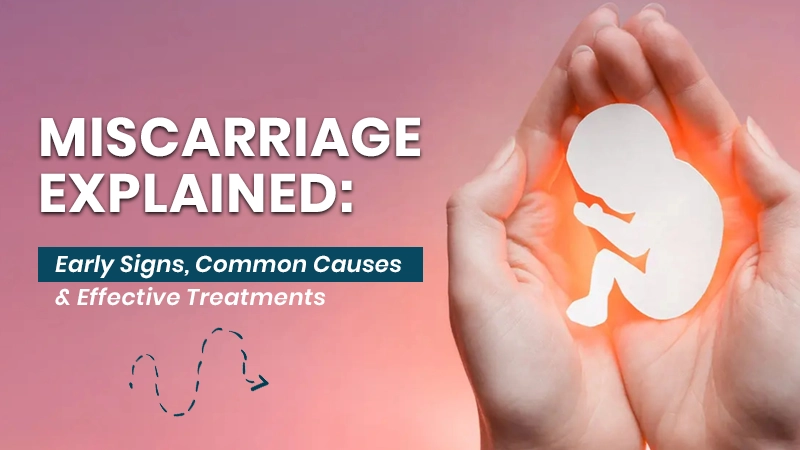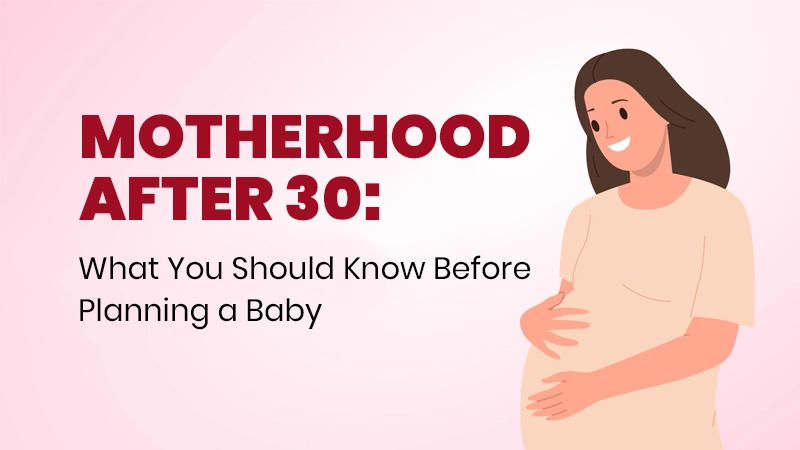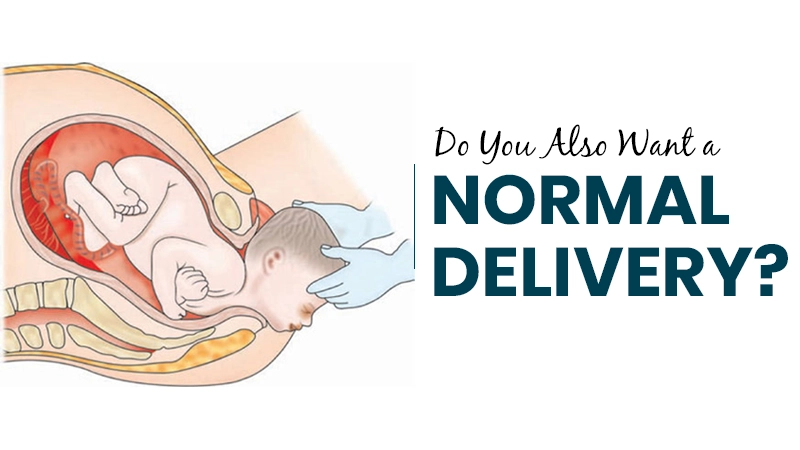Greater Noida is a busy city with many world-class medical services, includin...
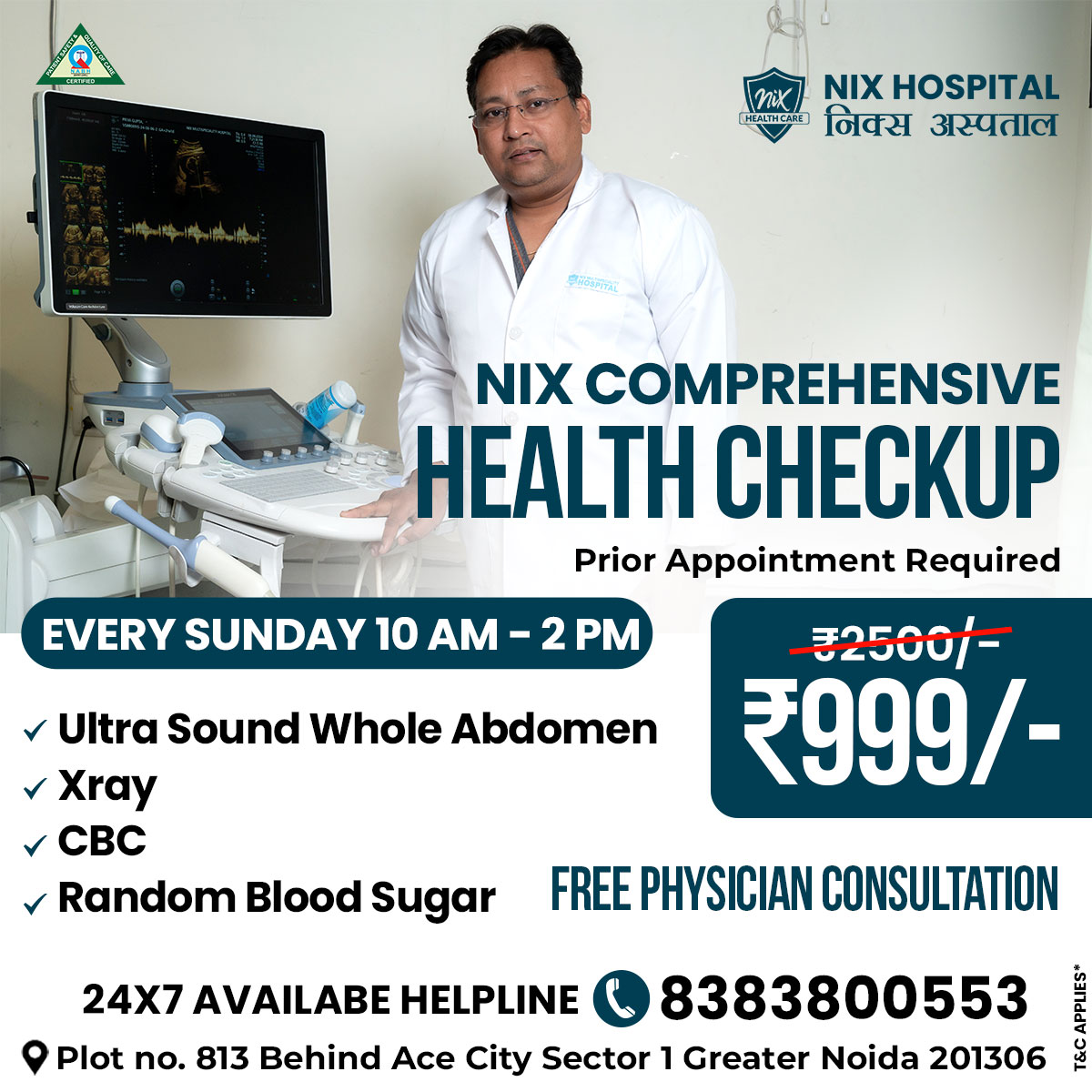
- Plot No. 813, Behind Ace City Sector 1, Greater Noida-201306
- 24x7 Available For Your Care
- +91 83838 00553
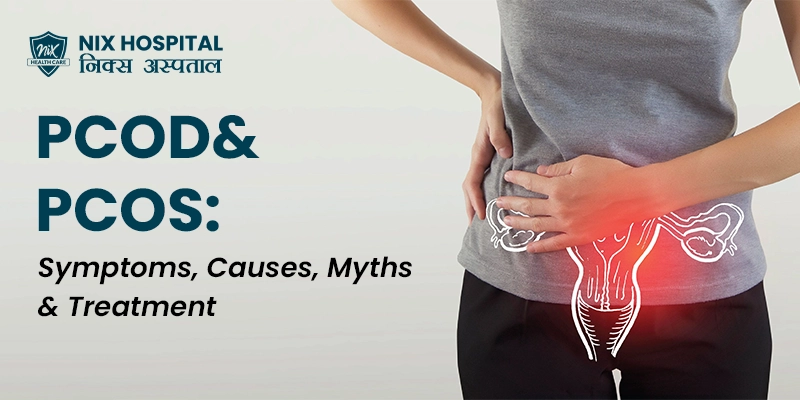
- Jun 23, 2025
- Admin
PCOD vs PCOS: Full Guide to Symptoms, Differences, and Treatment
What is the difference between PCOD and PCOS?
PCOD (Polycystic Ovarian Disease) and PCOS (Polycystic Ovary Syndrome) are two hormonal conditions often confused with one another. While both affect the ovaries and lead to hormonal imbalances, the difference between PCOD and PCOS lies in their cause, severity, and impact on fertility.
What is PCOD?
PCOD (Polycystic Ovarian Disease) is a hormonal condition where a woman’s ovaries release immature or half-mature eggs, which later turn into cysts. Normally, ovaries release one egg each month and produce small amounts of male hormones (androgens). But in PCOD, the ovaries become enlarged and produce more androgens than needed. This can lead to irregular periods, abdominal weight gain, acne, hair thinning, and sometimes infertility. Lifestyle changes and medical treatment can help manage PCOD symptoms effectively.
What is PCOS?
PCOS (Polycystic Ovary Syndrome) is a more serious metabolic disorder. In this condition, the ovaries produce too much androgen, which stops the eggs from maturing properly. These eggs become fluid-filled sacs called cysts, which stay inside the ovaries and may cause them to enlarge. As a result, ovulation doesn’t happen regularly. PCOS symptoms often include missed periods, excess body hair, acne, and difficulty in conceiving. Managing PCOS requires a combination of hormonal therapy, diet, exercise, and long-term medical care.
PCOD vs PCOS – Key Differences Table
|
Category |
PCOD (Polycystic Ovarian Disease) |
PCOS (Polycystic Ovary Syndrome) |
|
Full Form |
Polycystic Ovarian Disease |
Polycystic Ovary Syndrome |
|
Nature of Condition |
Hormonal imbalance |
Endocrine/metabolic disorder |
|
Cause |
Unhealthy lifestyle, stress, poor diet |
Genetic, hormonal, and metabolic issues |
|
Ovary Function |
Ovaries release immature or partially mature eggs |
Eggs are not released due to hormonal imbalance |
|
Cyst Formation |
Multiple small cysts from immature eggs |
Cysts form due to halted ovulation and fluid buildup |
|
Common Symptoms |
Irregular periods, weight gain, acne, hair fall, mild fertility issues |
Missed periods, excessive androgen, facial hair, severe fertility issues |
|
Severity |
Less severe, more common |
More severe, less common |
|
Impact on Fertility |
Can usually conceive with minimal medical help |
Conception may be more difficult, may need medical support |
|
Treatment Approach |
Lifestyle changes (diet, exercise), mild medication |
Long-term treatment, hormonal therapy, lifestyle management |
|
Prevalence |
More common among women globally |
Less common but rising |
|
Risk of Complications |
Lower |
Higher – risk of diabetes, heart issues, obesity |
|
Reversibility |
Often reversible with lifestyle changes |
Needs long-term management |
|
Which Is More Dangerous? |
Less dangerous, manageable |
More dangerous due to associated conditions |
|
Best Suited Treatment |
Diet correction, yoga, stress control |
Medical treatment + strict lifestyle control |
|
Treated By |
Gynecologist or endocrinologist |
Gynecologist or endocrinologist |
|
Common in Age Group |
Women aged 20–30 |
Can affect teenage girls to women in 30s |
|
Yoga for PCOD/PCOS? |
Very effective |
Very effective |
|
PCOD/PCOS in Hindi (Summary) |
हार्मोनल समस्या, कम गंभीर |
मेटाबॉलिक रोग, अधिक गंभीर |
PCOD and PCOS Full Form & Meaning
• PCOD: Polycystic Ovarian Disease
• PCOS: Polycystic Ovary Syndrome
Both involve cyst formation in the ovaries, but PCOS is a more serious metabolic condition, while PCOD is often lifestyle-induced and more manageable.
PCOD vs PCOS Symptoms: What to Look For
Common symptoms of PCOD and PCOS include:
• Irregular or missed periods
• Weight gain, especially around the abdomen
• Acne and oily skin
• Hair thinning or male-pattern hair growth
• Difficulty conceiving
• Mood swings and fatigue
While these overlap, PCOS symptoms may be more severe and are often linked to higher androgen levels.
PCOD and PCOS Difference Explained Simply
|
Aspect |
PCOD |
PCOS |
|
Severity |
Milder, manageable |
More serious, chronic |
|
Cause |
Hormonal imbalance |
Metabolic/endocrine disorder |
|
Fertility Impact |
Often can conceive with little assistance |
May need medical support for conception |
|
Cyst Formation |
Multiple immature eggs form cysts |
Cysts form due to disrupted ovulation |
|
Treatment |
Lifestyle changes work effectively |
May need long-term medication + lifestyle |
|
Prevalence |
More common |
Less common but more severe |
PCOD or PCOS: Which Is More Dangerous?
PCOS is considered more serious due to its long-term metabolic effects and higher risk of conditions like Type 2 diabetes, heart disease, and infertility. PCOD, while uncomfortable, is generally easier to manage through diet and exercise.
What Is the Difference Between PCOS and PCOD in Hindi?
PCOD और PCOS में मुख्य अंतर यह है कि PCOD एक हार्मोनल असंतुलन है, जबकि PCOS एक गंभीर मेटाबॉलिक विकार है। दोनों में मासिक धर्म अनियमितता और प्रजनन समस्याएं देखी जाती हैं, लेकिन PCOS के लक्षण अधिक गंभीर होते हैं।
Yoga and Lifestyle for PCOD/PCOS
Practicing yoga for PCOD and PCOS helps regulate hormones, improve metabolism, and reduce stress. Regular physical activity, a balanced diet, and good sleep are essential for long-term health.
Summary: PCOD and PCOS Difference
PCOD vs PCOS may seem similar but they are not the same. PCOD is a lifestyle-related condition, while PCOS is a deeper hormonal disorder. Knowing the difference between PCOS and PCOD is key to choosing the right treatment path. Early diagnosis, healthy habits, and professional guidance can help manage both conditions effectively.
Our PCOD/PCOS Treatment expert Doctors
Dr Priya Shikha Modi, MBBS, MD, Gynaecology and Obstetrics,Consultant Gynecologist
Dr Shipra Varshney, MBBS, MS, Consultant Gynecologist
Dr. Amrita Consultant (Obstetric & Gynaecology) - MBBS DNB Consultant Gynecologist
Related News
Exploring the Effects of Fibroids on Female Health
Fibroids, or uterine leiomyomas, are benign tumours in or on the uterus. Thei...
The Ultimate Guide to Finding the Best Gynecologist in Greater Noida: Top Doctors, Services, and Tips
Finding the best gynaecologist is a crucial step in ensuring your health and ...
How to Choose the Best Gynaecologist Hospital in Noida-Greater Noida
Choosing the best gynaecologist hospital in Noida- Greater Noida can be a cha...
Signs of Preterm Labor: When to Seek Medical Help
Preterm labour, which occurs before 37 weeks of pregnancy, can lead to early ...
When Is It Safe to Travel During Pregnancy? A Trimester-by-Trimester Guide
According to the best gynaecologist in Noida Extension, travelling during pre...
Key Nutrients You Need During the First Trimester: Advice for Soon-to-Be Moms around Greater Noida and Noida
Hey there congratulations on the baby! Starting this amazing ride, you must b...
Do's and Don'ts During Pregnancy
Pregnancy is a beautiful and transformative journey, but it comes with signif...
What Causes Skin Darkening During Pregnancy? Discover the Surprising Reasons
(Dr Priya Shikha Modi, MBBS, MS, OBS, Gynec, Consultant Gynaecologist & H...
Hormonal Imbalance In Women Signs Causes And Natural Remedies
Hormonal Imbalance in Women: Signs, Causes & Natural Remedies
Hormones...
Best Maternity Hospital in Greater Noida & Noida Extension: A Complete Guide for Expecting Mothers
Which Hospital Is Best for Maternity?
When it comes ...
PCOD vs PCOS: Full Guide to Symptoms, Differences, and Treatment
What is the difference between PCOD and PCOS?
PCOD (...
Commonly Gynecological Disorder Conditions: Symptoms and Treatment
Commonly Gynecological Disorder Conditions: Symptoms and Treatment
Gy...
How to Choose the Best Pregnancy Hospital in Greater Noida
One of the most common searches for expecting couples is "What to consider wh...
Best Gynecologist Hospital in Greater Noida
Choosing the Best Gynecologist Hospital in Greater Noida is important for eve...
Best Hospital for Normal Delivery in Noida
Looking for the Best Hospital for Normal Delivery in Noida ? Choosing the rig...
Early Pregnancy Precautions: of Pregnancy 1st Trimester
The first trimester is a delicate and important phase of pregnancy. Knowing t...
Pregnancy with Ovarian Cysts: Safe Treatment Solutions in Greater Noida
Finding out you are pregnant brings joy, excitement, and sometimes a little w...
Premature (preterm) Birth: Symptoms, Causes, and Treatment Care Tips for Premature Babies
Premature birth is uncommon, as only a small number of babies are born too ea...
Exercise During Pregnancy: Benefits Safety and Guidelines
Exercising during pregnancy is safe for most w...
Early Pregnancy Care: Precautions & Signs of a Healthy First Trimester
The first few weeks of pregnancy are very special yet delicate. Taking the ri...
Gynecologist Near Me with Fees – Find the Right Women’s Health Expert
Searching for a gynecologist near me with fees is one of the most common quer...
High-Risk Pregnancy Care in Greater Noida
Pregnancy is a beautiful phase in every woman’s life, but sometimes it ...
Top Gynecological Problems Women Face & How to Manage Them
Gynecological health is very important for every woman. Many females experien...
Understanding Miscarriage: Symptoms, Causes & Treatment
A miscarriage can be an emotionally painful and confusing experience for any ...
Motherhood After 30: What You Should Know Before Planning a Baby
Having a baby after 30 is increasingly common—and for many women, it&rs...
Travel Tips During Pregnancy: A Safe and Comfortable Guide for Moms-to-Be
Pregnancy is a beautiful journey, and many women continue to travel for work,...
Welcome to Parenthood: Simple & Safe Newborn Care Tips You Can Trust
Welcoming a newborn into your life is a beautiful and emotional journey. Alon...
Do You Also Want a Normal Delivery?
If you are expecting a baby, one common question comes to mind: Do you also w...


25,000 Happy Patients

Modern & Cost-Effective Medical Facilities

19 Medical Specialties



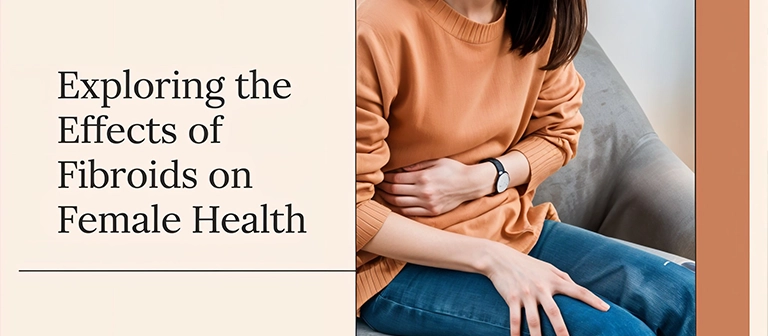

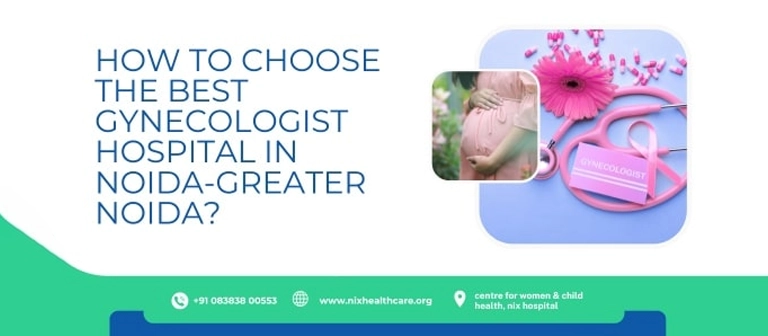
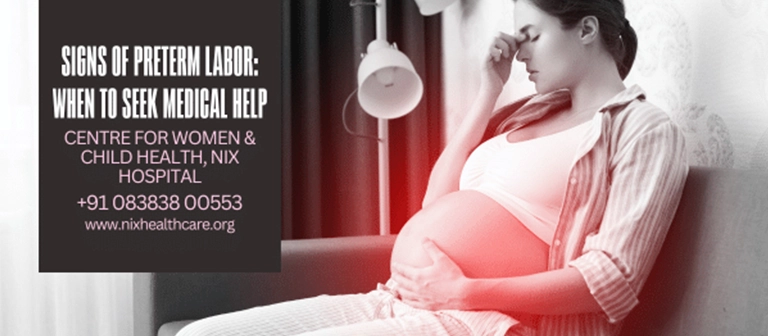


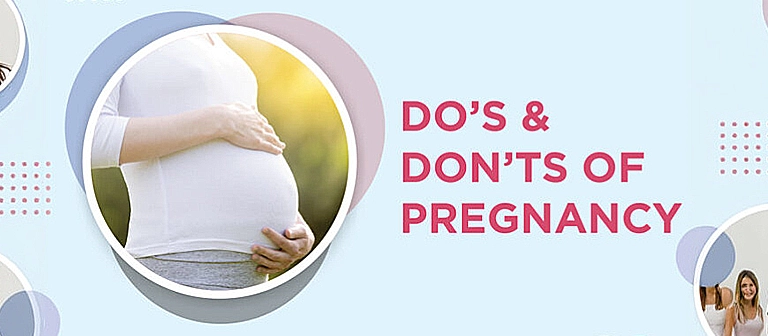
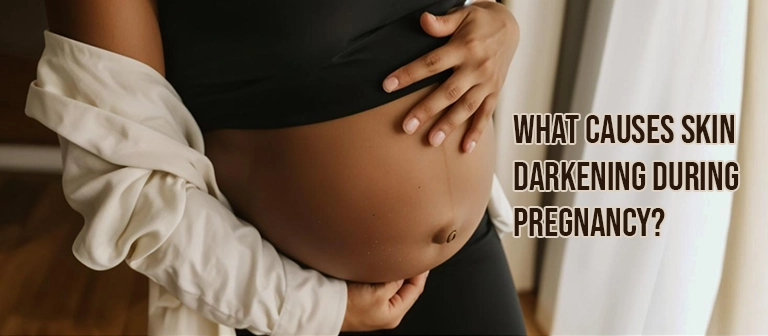


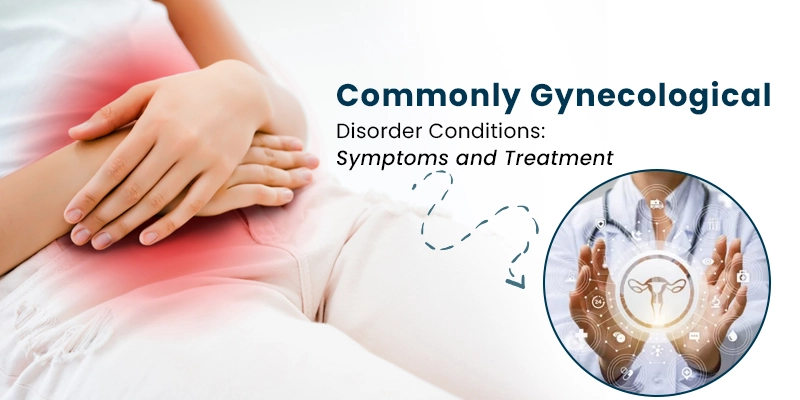


.webp)

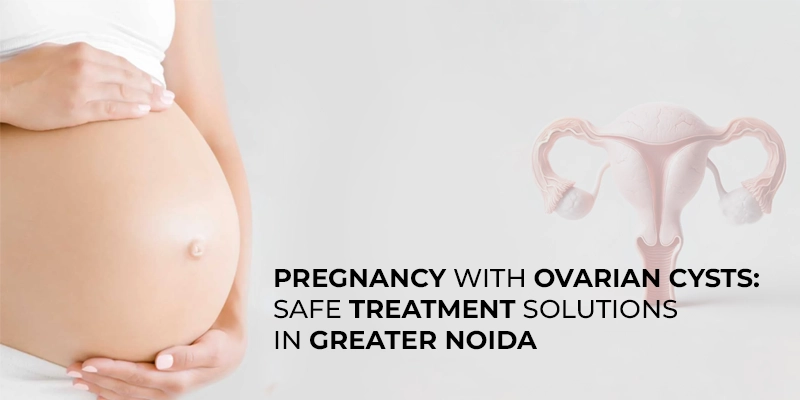
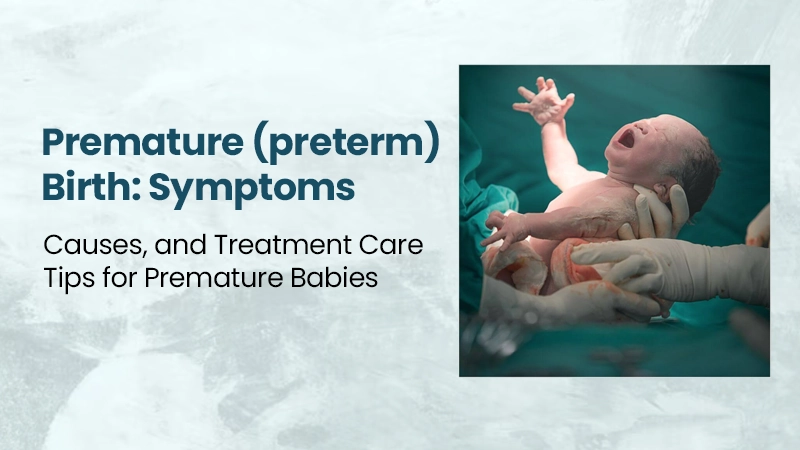
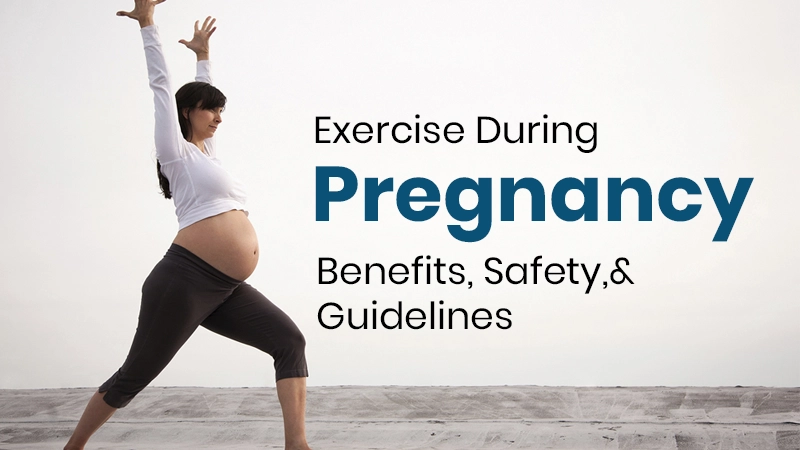
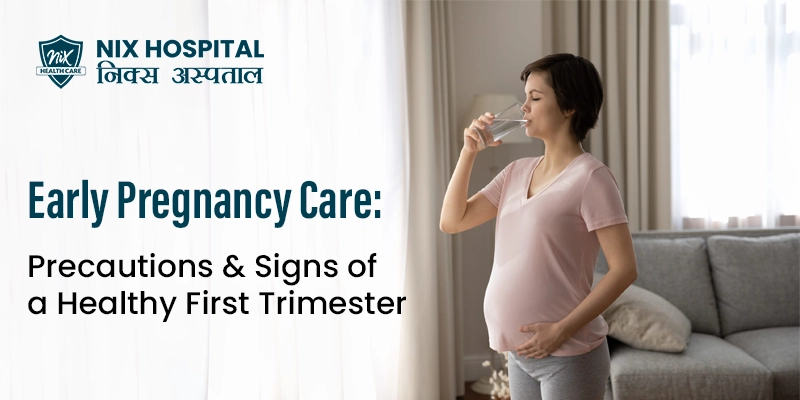


.webp)
